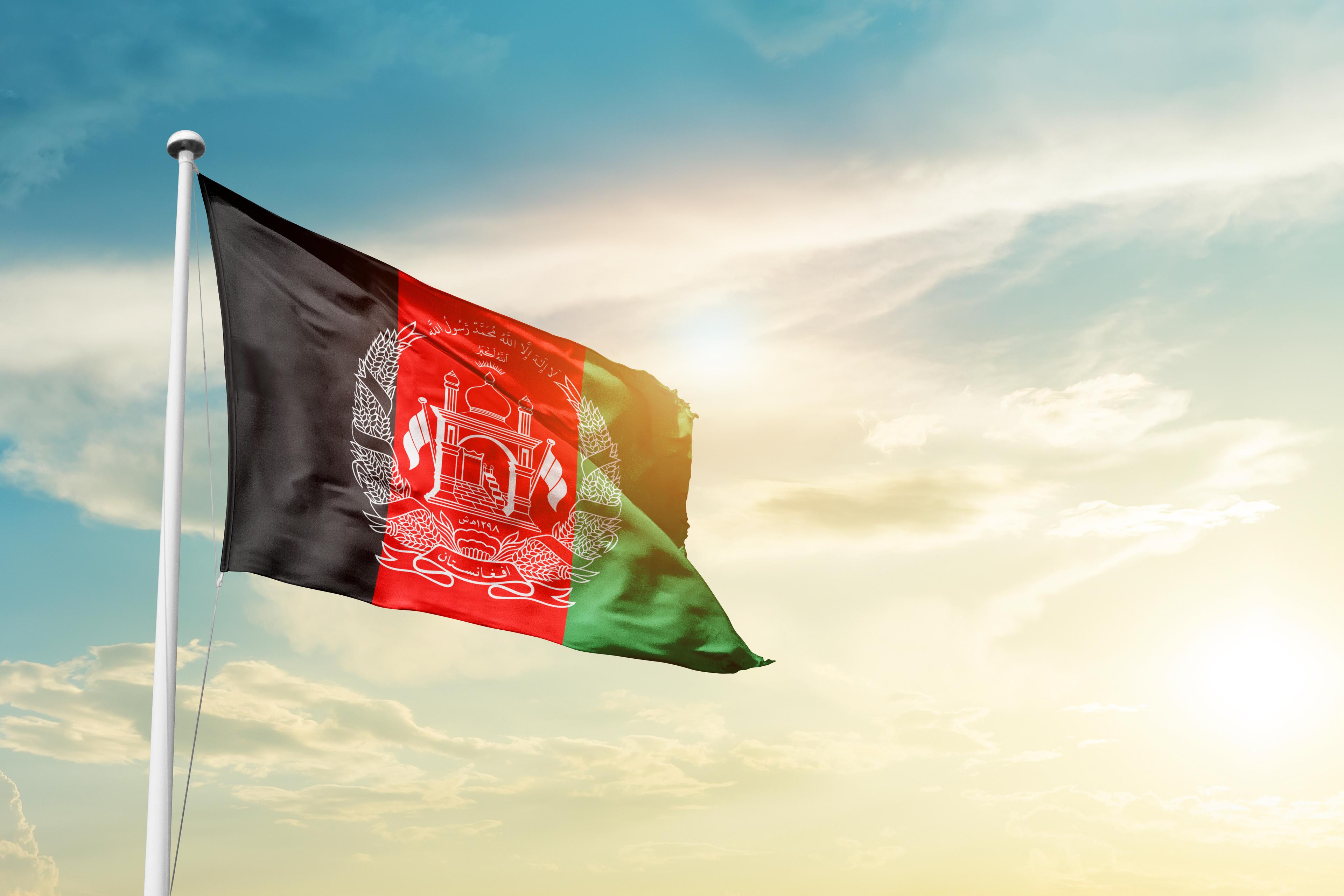Tensions Escalate as Pakistan Launches Airstrikes Against Afghanistan
Another war on the horizon? Pakistan-Afghanistan tensions reach all time high following airstrikes
In a dramatic turn of events, tensions between Pakistan and Afghanistan have escalated following a series of airstrikes by the Pakistani military inside Afghan territory. Once, Pakistan's leaders were allies of the Taliban, but relations between the two have since soured, and violent exchanges along the border have become increasingly common.

Last week, Pakistani warplanes targeted hideouts of the Tehreek-e-Taliban Pakistan (T.T.P.), a militant group responsible for a string of terrorist attacks inside Pakistan. The Pakistani military officials privately confirmed that the airstrikes were in retaliation for the killing of 16 Pakistani military personnel, ambushed in a border district days earlier. These strikes were the third major operation by Pakistan on Afghan soil since the Taliban took power in August 2021, signaling an ongoing and intensifying conflict.
Although the Pakistani government remained officially silent on the airstrikes, the Taliban regime in Afghanistan condemned them as a severe violation of Afghan sovereignty. The Taliban claimed that dozens of civilians, including Pakistani refugee families, had died in the attacks. In retaliation, the Afghan Taliban launched offensive operations against several points in Pakistan. Pakistan, in turn, reported thwarting cross-border incursions by militants allegedly supported by the Taliban, according to a new york times report.
The Pakistani government has long accused the Taliban of providing sanctuary to the T.T.P., a charge the Taliban vehemently denies. For Pakistan, these cross-border operations are seen as vital to combatting the growing threat of terrorism within its borders, particularly the deadly attacks from the T.T.P. on both civilians and security forces. Prime Minister Shehbaz Sharif made it clear that Pakistan would not tolerate any form of support for the T.T.P. from Afghanistan, stating, “If the T.T.P. operates from there, it is not acceptable for us. We will defend Pakistan’s sovereignty at every cost.”
The situation remains delicate, as both Pakistan and Afghanistan are facing internal struggles that make further escalation dangerous. Pakistan’s government is under immense pressure to respond to T.T.P. attacks, while dealing with weak governance, economic challenges, and its own security crisis. The Pakistani government has already taken significant actions, including deporting over 800,000 undocumented Afghan refugees and imposing tighter trade restrictions on Afghanistan in response to the growing militant threat.
On the Afghan side, the Taliban is caught in a difficult position. While they resist Pakistan’s demands to crack down on the T.T.P., doing so could alienate key elements of their own support base, as the two groups share jihadist ideologies and historical alliances. The Taliban is also concerned that intensifying pressure on the T.T.P. might push its fighters into the arms of rival groups, like ISIS-K, which would pose an even greater challenge to their rule.
These developments mark a sharp reversal from Pakistan's initial hopes when the Taliban seized control of Afghanistan. After the U.S. withdrawal in 2021, Pakistan viewed the Taliban’s rise as a strategic gain, hoping the group would help curb the T.T.P.'s activities. However, this expectation has proven largely unmet, with the Taliban instead offering refuge to the very militants Pakistan seeks to eliminate.
The situation at the Pakistan-Afghanistan border has grown increasingly volatile, with both sides exchanging fire in recent days. In response to the continued attacks, Pakistan has hinted at the possibility of military intervention to take control of disputed border areas. The Taliban has already retaliated with shelling operations along the border, escalating the tension further.
As both nations grapple with their respective crises, including economic difficulties and internal security issues, the fear remains that these tensions could spiral into a broader conflict, destabilizing the region even further. The coming months will be critical in determining whether these clashes will lead to full-scale military action or if diplomatic channels can ease the growing hostilities.